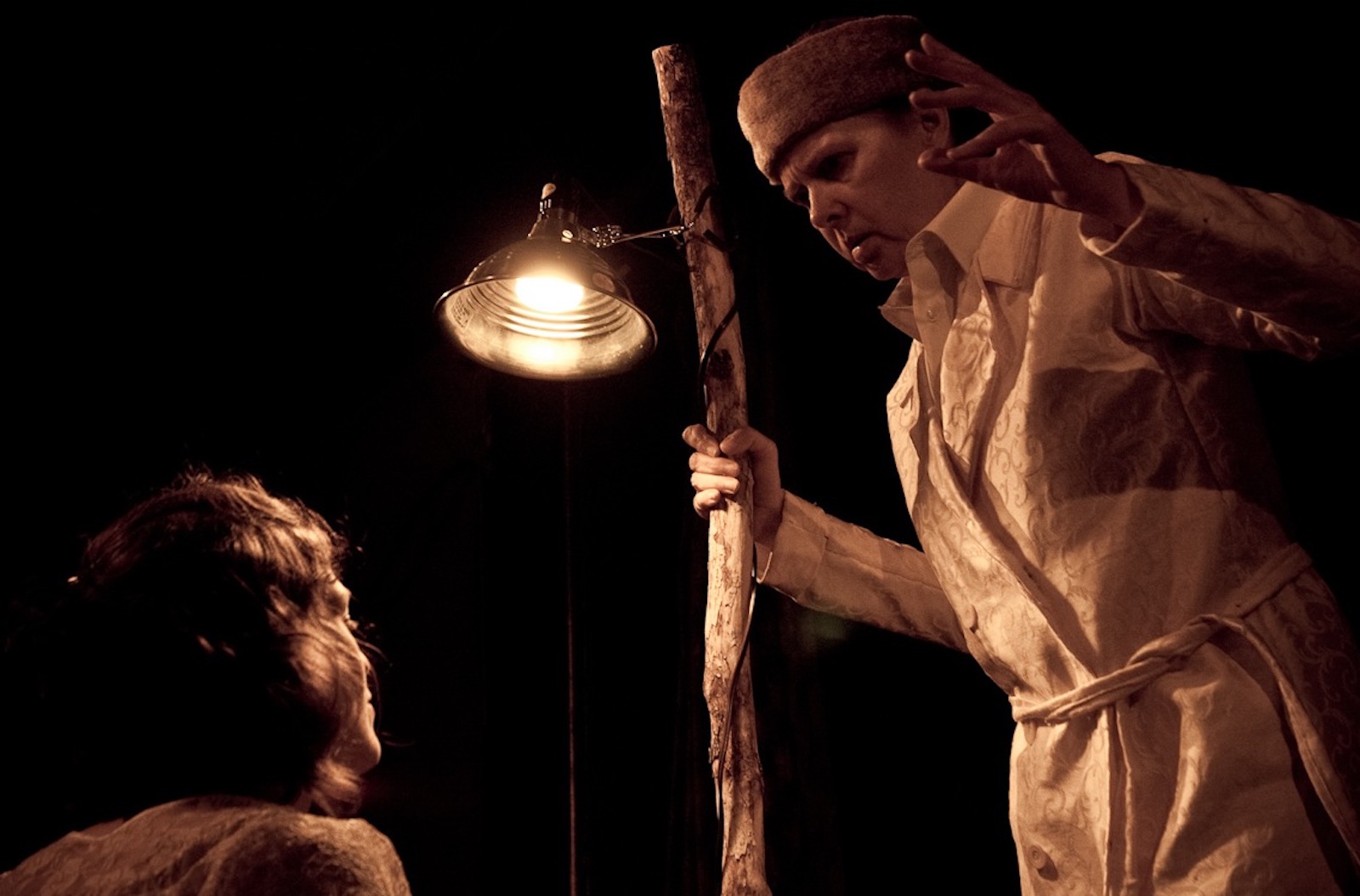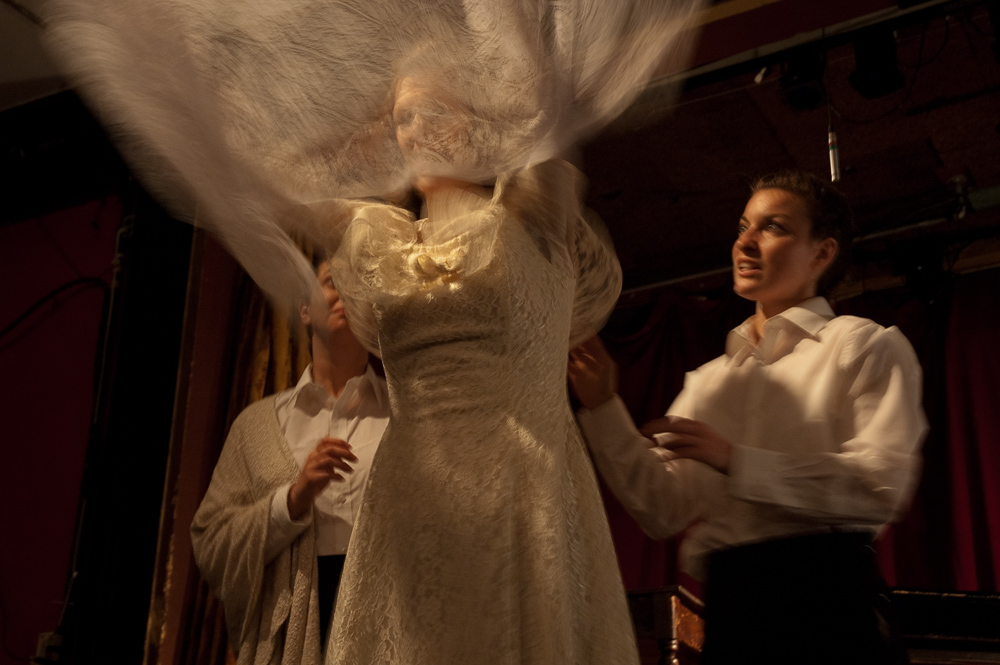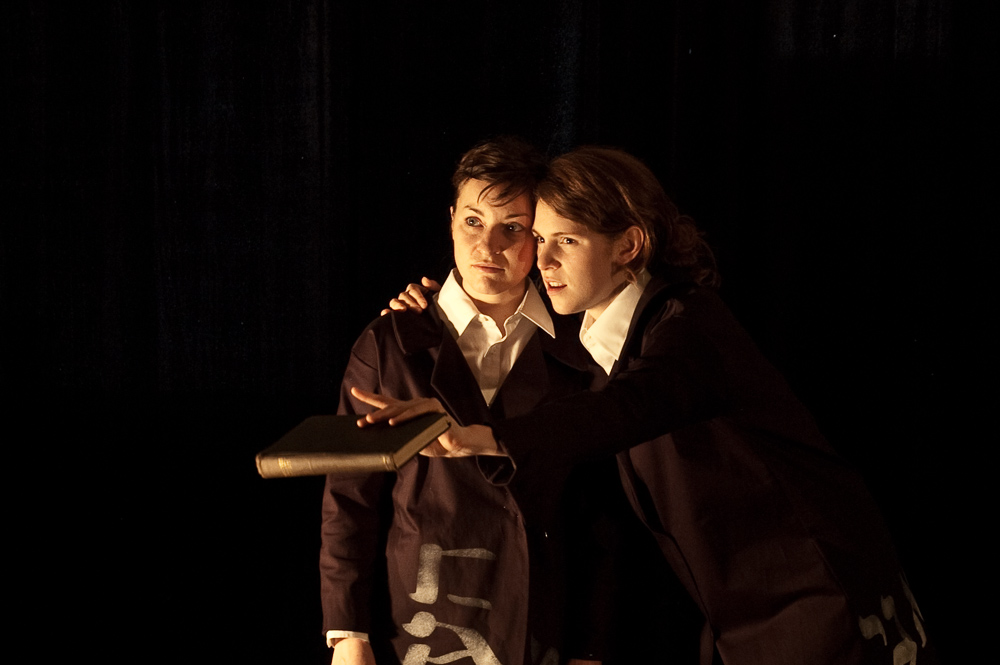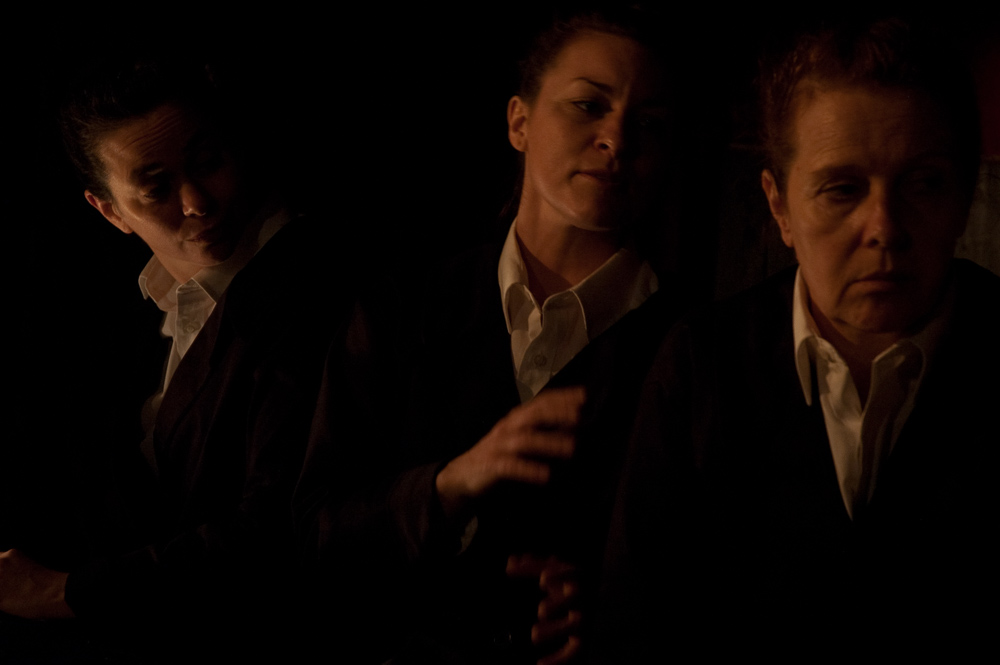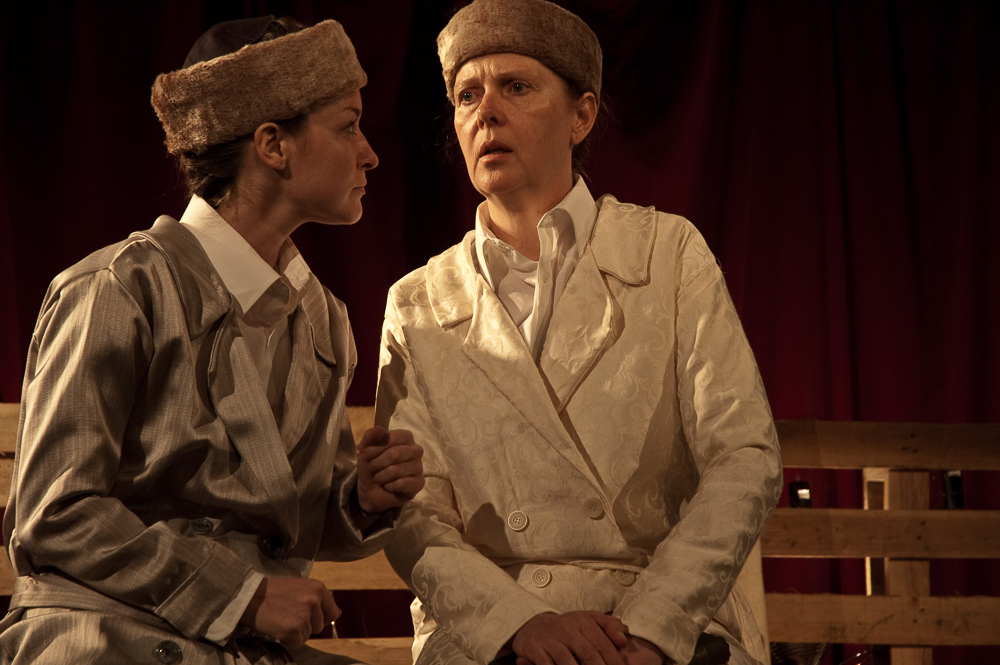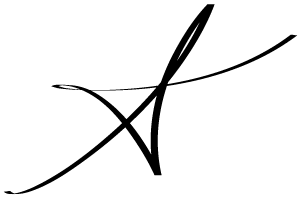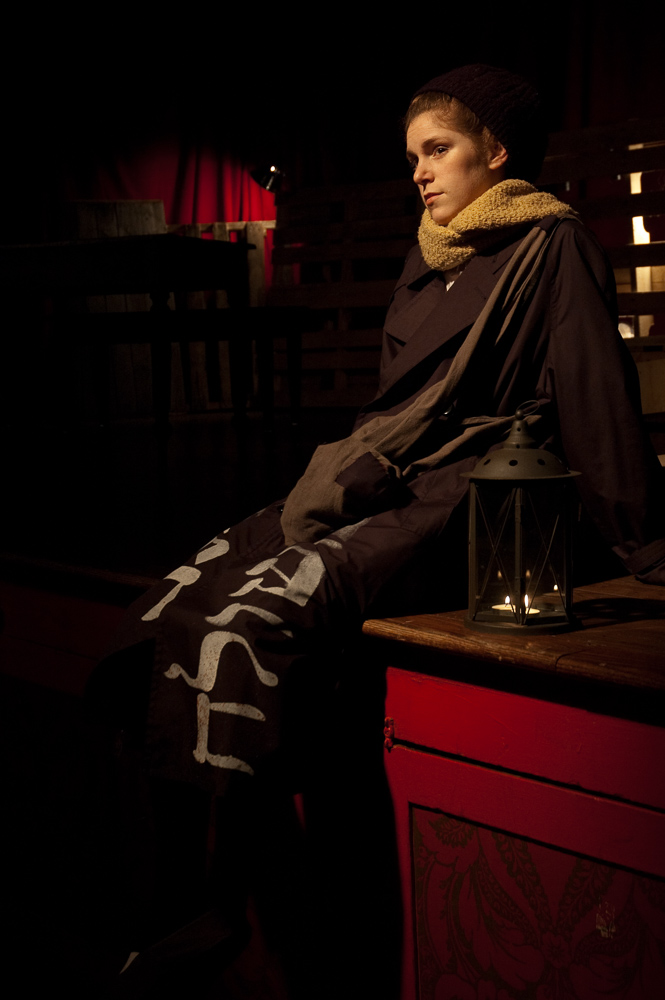

The Dybbuk
Written by S. An-ski Translation by Henry G. Alsberg and Winifred Katzin
Performers
Jacqueline Fay
Sandi Hilton
Bronna Levy
Caitie Parsons
Jacqueline van de Geer
Producer
Daniel Brodie
Director
Avia Moore
Theatrical Design
Maya Jarvis
Musical Arrangements and Original Music
Jacqueline Fay
Stage Manager
Manon Manavit
Set Construction
Maya Jarvis
Costume Construction
Maya Jarvis and Avia Moore
Costume Painting
Avia Moore
Challah Baking
Jacqueline Fay and Avia Moore
Presented through the generous support of
Kevin Kimsa, and Barry Weissler,
on behalf of the National Artists Management Company
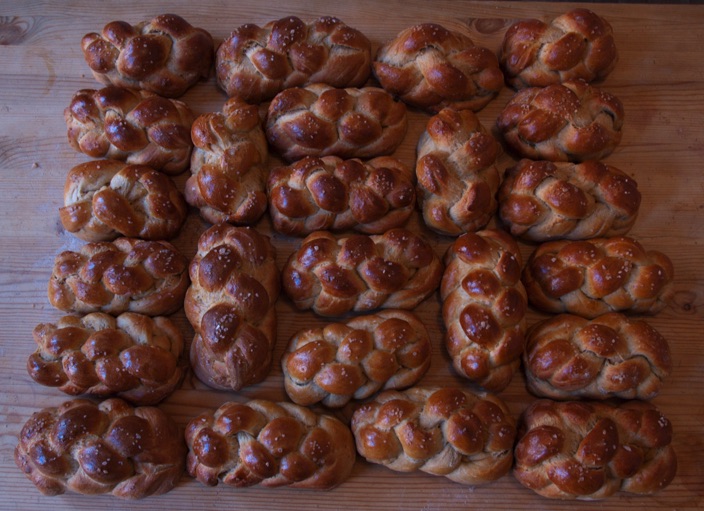
From the Directors Notes
For the past few years I have been exploring the ways in which cultural memory is manifest in performance. In choosing The Dybbuk, I sought the chance to approach a Jewish classic through this lens. How have shifts in memory - from sacred texts and oral traditions, to archives encoded on digital media - changed the way we create and perform cultural identity? What elements are retained? Memory once contained within a localized community is now accessible from the outside: what does it mean to have access to cultural memory not innately familiar to you?
An all-female cast presents the world of the play, challenging established hierarchies and revealing an ongoing re-imagination of individual and community mythologies. Early research into the phenomenon of spiritual possession focused on the psychology of the possessed as explanation. Contemporary explanations lean towards other explanations, examining the contextual social pressures and the escape offered by embodying another individual. Leah, the Juliet of the play, finds her life limited by her world. Desperation leads her to drastic choices over the course of the play. I leave it to you to decide whether her prevailing moment brings freedom or tragedy.
In re-introducing parts of the Yiddish text into our English-language production I wanted to heighten the space between worlds. The Dybbuk is an unknown and misunderstood energy, a force that causes discomfort and confusion to the outsider. Only Leah and the Rabbi truly understand the Dybbuk: Leah because he is her soulmate, the Rabbi because he wields old and powerful magic. The audience will be similarly split between those that understand the Dybbuk and those that do not. The non-Yiddish-speaker and the Yiddish-speaker will each will find different clues and cues that quote their various secular, religious, and linguistic worlds. If you do not understand Yiddish, I encourage you to accept the unfamiliarity. Rather than fighting against the language, rather than feeling that you are missing aspects of the play, embrace the strangeness and allow yourself to have a reaction to the unknown itself.
We are particularly excited to open at La Sala Rossa, one of Montreal’s most popular music venues. With its deep roots in the history of Jewish Montreal, Sala Rossa is the perfect location for a piece of theatre so rooted in Jewish culture.
It has been a joy to work with this ensemble; I cannot thank them enough for the energy and hard work that they have poured into the production.
(2011)
Read more:
Unpacking a Production of the Dybbuk: An Artist’s Reflection
Moore, Avia. “Unpacking a Production of the Dybbuk: An Artist’s Reflection.” The Dybbuk Century: The Jewish Play that Possessed the World, Edited by Debra Caplan and Rachel Moss, University of Michigan Press, Forthcoming (2023).
